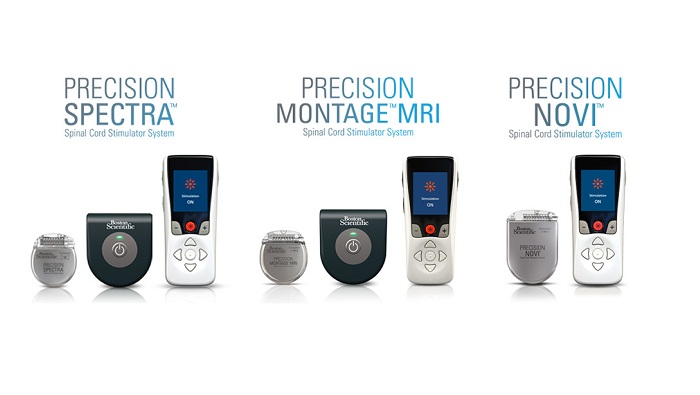Boston Scientific has launched the Spectra WaveWriter Spinal Cord Stimulator (SCS) System in Europe for treatment of chronic pain.
The Spectra WaveWriter SCS System is claimed to be the first and only system for the treatment of chronic pain to be able to simultaneously combine paresthesia-based and sub-perception therapy.
The new system is provided with therapeutic options that facilitate physicians and patients to customize therapy and capture real-time feedback to treat chronic pain successfully.
SCS sends electrical impulses in varied frequency, pulse width and amplitude to the spinal cord and masks the pain messages travelling to the brain.
SCS treatment provides pain relief with a light tingling sensation known as paresthesia-based therapy or with sub-perception therapy that works without sensation.
The Spectra WaveWriter SCS System allows physicians and patients to specifically target one area of pain, or multiple areas, with one or both types of therapy and patients could provide real-time feedback, using the system’s remote control.
Following more than a decade of clinical research focused on optimizing sub-perception and delivering multiple therapies, the Spectra WaveWriter SCS System has been developed to achieve effective, long-term pain relief. The studies include the WHISPER study and the PROCO study.
Boston Scientific EMEA neuromodulation vice president Vincent Sourdaine said: “We understand the complex challenges people living with chronic pain face daily. Often these people have lived with agonising and unbearable pain for years, having tried numerous treatments that simply do not work.
“We are committed to research and development of treatment options for the millions of people who are severely affected by chronic pain and are very pleased to be introducing this new system to help patients manage this.”
The company claims that data from more than 200 patients using the Spectra WaveWriter SCS System showed improvement in overall pain, where approximately 90% of patients reported improvement in their pain.
Chronic pain is reported to be a widespread problem with one in five adults in Europe, or 100 million people, affected.


















